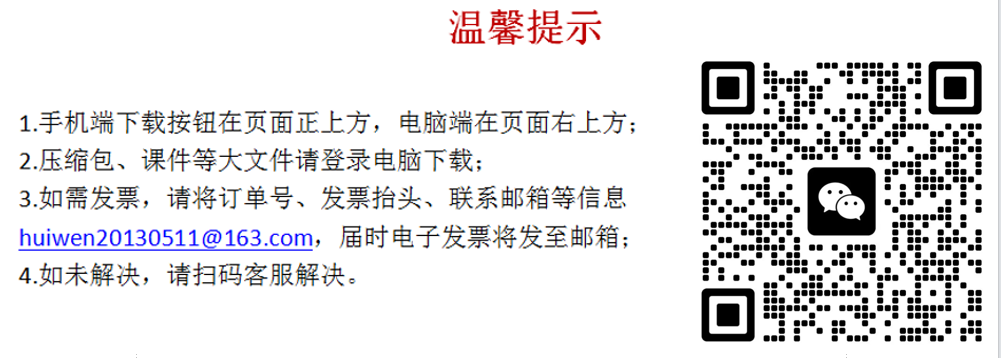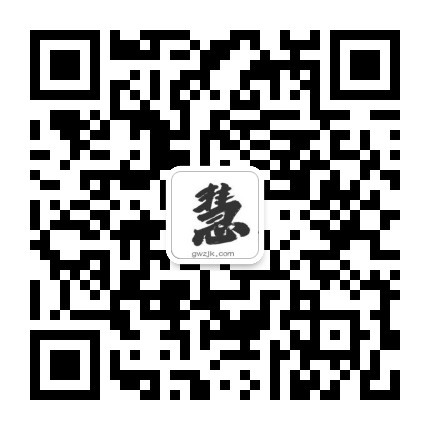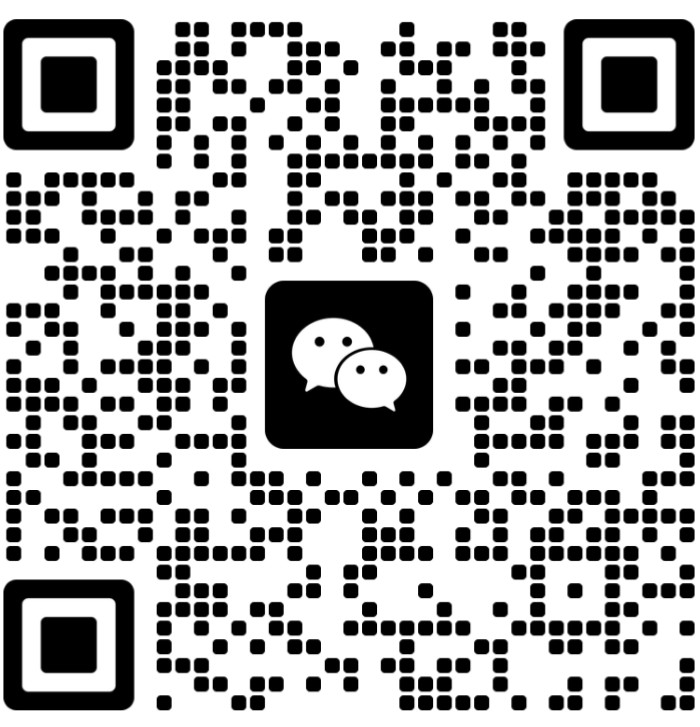

高考英语《阅读理解》专项练习题(含答案)
Clowns (丑角) have been around for a long time. They not only make us laugh at the circus (马戏团) but they used to make the king and his followers laugh in court. The earliest of these fun-makers are called “fools”. In Greek and Roman times these fools dressed up like clowns do today with painted faces and funny costumes (戏服). They danced around the stage and did things to make people laugh as clowns do in circuses today. By medieval times (中世纪) every court had its fools. Fools wore bright colours and had bells (大肚子) on their shoes and their hats.
They were not really meant to be foolish and often they would say wise and sensible things to the king which nobody else was brave enough to say. The king never got cross with the fool as this was his job. He was meant to be both wise and foolish and try to make the situation in court less serious.
Of course people wanted to have their own kind of fool and shows developed in the 1500s in which fools (or Zanies) performed to make the crowd laugh. This kind of entertainment became so popular that it started a special kind of drama in Italy called Commedia dell´arte, which gradually turned into our comedy programmes today. When you watch the antics (滑稽剧) of Charlie Chaplin or Rowan Atkinson, you are watching a kind of comedy that is directly originated from the fools of ancient Rome and Greece.
1.How do clowns entertain people?
A.By their amusing talk and body language.
B.By their amusing voices and body langauge.
C.By their clothes, songs and the way they talk.
D.By their clothes, make-up and the way they act.
2.Where did fools first give performances?
A.In different towns in Europe.
B.In shows in ancient Greece and Rome.
C.At fairs or market where there were a lot of people.
D.in the building where law cases could be heard and judged.
3.When did the Commedia dell´arte begin to develop?
A.Before the fifth century.
B.Around the tenth century.
C.During the Middle Ages.
D.In the sixteenth century.
4.What does the underlined “got cross” in the second paragraph mean?
A.got satisfied B.got through
C.got angry D.got delighted

微信扫一扫在手机阅读、分享本文
本文标题:2022届高考英语阅读理解专项练习题(含答案)15页
链接地址:http://www.gwzjk.com//index/article/detail/detail_id/25243.html
版权声明
作者原创,不允许二次传播,一经发现收回会员权益,追究法律责任。

微信订阅号

联系客服